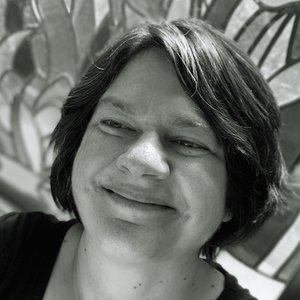Honing skills through near-peer exchange: How language professionals and academics can shape each other’s outcomes, practice and well-being.
Wendy Baldwin, Spain
Translators and editors have a number of options for engaging in peer exchange, allowing them to benefit from their peers’ expertise and improve their practice and outcomes. But what if language professionals (LPs) could engage in a similar exchange with near-peers, professionals who work in adjacent areas of content and/or practice? Imagine a translator of anthropological texts working in parallel with an anthropologist: How might the partnership work and what knowledge, skills and benefits might accrue to each?
In this talk I present an LP–academic co-working model (LPAC) that I have been using with different academic partners and which has benefitted all the parties in various ways. The model draws on current social writing practices in academia: at the LPAC’s core are regular, structured co-working sessions during which the LP and the academic meet (in person or online) to work in parallel on individual tasks, with slots agreed upon for goal-setting, focused work, stocktaking and discussion.
I then discuss how the overlap and complementarity inherent in the LP–academic pairing shapes the benefits each offers the other in the context of the LPAC, focusing on the dimensions of discipline, language(s), career stage, and geographical location. One major benefit is knowledge exchange and improved outcomes: for example, the academic contributes content expertise and insight into current academic/publication practice; the LP provides their expertise in language and writing. The other type of benefit, equally crucial to both LPs’ and academics’ long-term practice, relates to cognitive–affective well-being: the supportive nature of the model means that both partners are likely to become more focused, motivated and productive and feel less isolated.
I end by outlining guidelines for setting up an LPAC and best practices for keeping these mutually beneficial partnerships going.
Click here to register for the online conference
About the presenter

Wendy Baldwin is an authors' editor and Spanish–English translator specialising in scholarly texts in linguistics, language acquisition, education, computer science and engineering. Prior to starting her freelance business in Donostia-San Sebastián, Spain, Wendy trained in linguistics in the United States and taught academic writing at universities and colleges there and in Sweden. She has recently returned to her academic writing roots, offering writing courses and workshops to academics and PhD students in the Basque Country.
